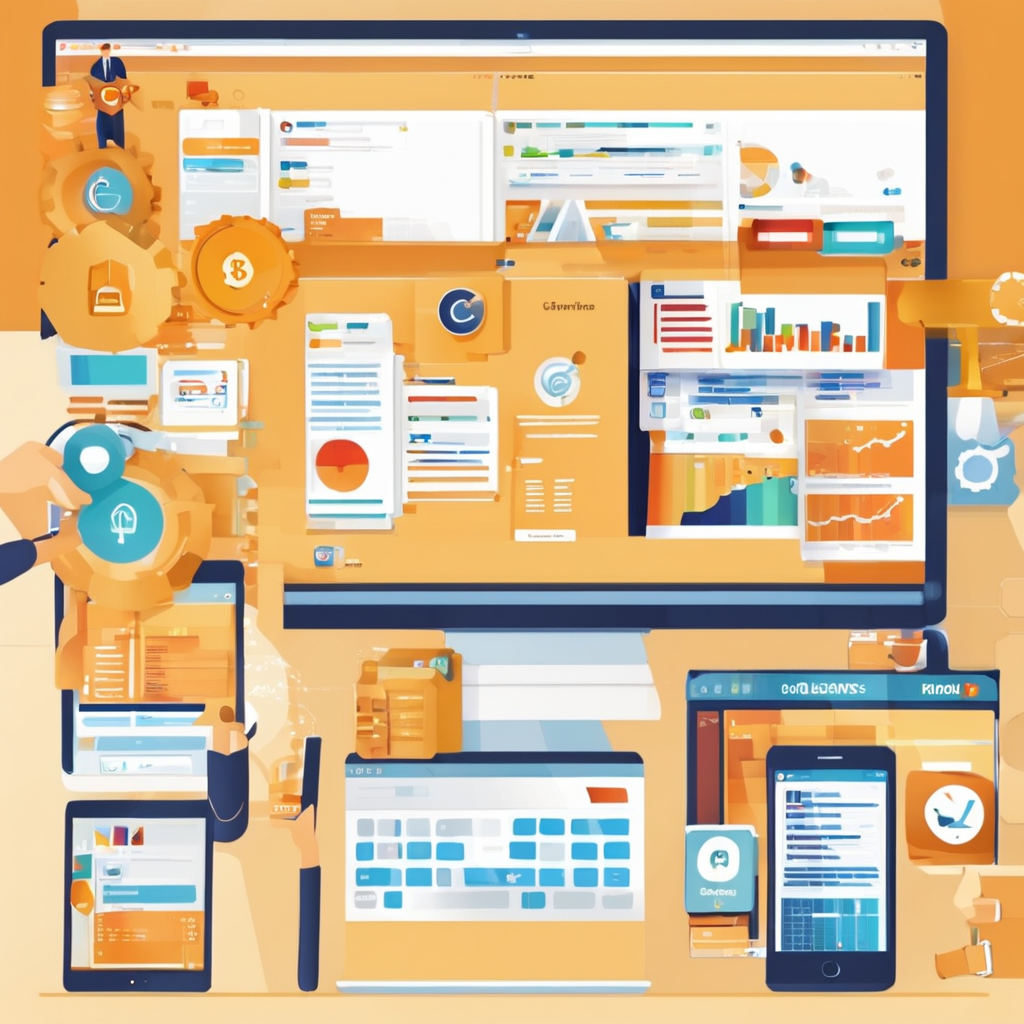Marketing software demos are crucial in today’s digital age for businesses looking to enhance their marketing strategies. These demos provide a hands-on experience of various software tools designed to streamline marketing efforts, improve efficiency, and drive better results. In this article, we will delve into the importance of marketing software demos, what to expect during a demo session, key benefits of participating in one, and how businesses can make the most out of these opportunities.
During a marketing software demo, businesses can explore the features and functionalities of different software solutions tailored to meet their specific needs. This hands-on experience allows users to see firsthand how the software works, its user interface, and how it can be integrated into their existing marketing workflows. By interacting with the software during the demo session, businesses can get a feel for its usability, customization options, and overall suitability for their marketing goals.
One of the key benefits of participating in a marketing software demo is the opportunity to ask questions and seek clarification from experts. Demo sessions are usually conducted by knowledgeable representatives who can provide insights, tips, and best practices on how to leverage the software effectively. Businesses can use this interactive platform to address any concerns, explore advanced features, and gain a better understanding of how the software can address their pain points and drive results.
Additionally, marketing software demos allow businesses to compare different software solutions side by side, enabling them to make informed decisions based on their specific requirements. By exploring multiple options during demo sessions, businesses can assess the pros and cons of each software tool, evaluate their functionalities, and determine which one aligns best with their marketing objectives and budget constraints. This comparative analysis can help businesses narrow down their choices and select the most suitable software solution for their needs.
Furthermore, marketing software demos serve as a valuable learning opportunity for businesses looking to stay updated on the latest trends and technologies in the marketing industry. By participating in demo sessions, businesses can stay informed about new features, updates, and innovations in the software landscape. This firsthand exposure to cutting-edge marketing technologies can empower businesses to adapt to changing market dynamics, stay ahead of the competition, and drive continuous improvement in their marketing strategies.
To make the most out of a marketing software demo, businesses should come prepared with a clear understanding of their marketing objectives, challenges, and requirements. By defining their goals and expectations beforehand, businesses can effectively communicate their needs to the demo representatives and ensure that the demo session is tailored to address their specific concerns. Additionally, businesses should actively participate in the demo session, ask relevant questions, and seek clarification on any features or functionalities that are unclear.
It is also important for businesses to involve key stakeholders in the demo session, including marketing teams, IT personnel, and decision-makers. By engaging relevant stakeholders in the demo process, businesses can gather diverse perspectives, insights, and feedback on the software solution being presented. This collaborative approach can help align internal teams, gather buy-in from decision-makers, and ensure that the selected software tool meets the needs and expectations of all stakeholders involved.
Moreover, businesses should take advantage of the opportunity to test the software in real-world scenarios during the demo session. By simulating common marketing tasks, workflows, and challenges using the software, businesses can assess its performance, ease of use, and compatibility with their existing systems. This hands-on testing can provide valuable insights into the practicality and effectiveness of the software in addressing their specific marketing needs and driving desired outcomes.
Following a marketing software demo, businesses should take the time to evaluate the key takeaways, feedback, and insights gathered during the session. By reflecting on the demo experience, businesses can assess the strengths and weaknesses of the software solutions presented, compare them against their criteria, and make an informed decision on which software tool aligns best with their marketing objectives. This post-demo evaluation process can help businesses make a confident choice and move forward with implementing the selected software solution.
In conclusion, marketing software demos play a vital role in helping businesses explore, evaluate, and select the right software tools to enhance their marketing strategies. By actively participating in demo sessions, businesses can gain valuable insights, compare different software solutions, and make informed decisions to drive better results. With proper preparation, active engagement, and post-demo evaluation, businesses can leverage marketing software demos as a strategic tool to optimize their marketing efforts, improve efficiency, and achieve their business goals.

